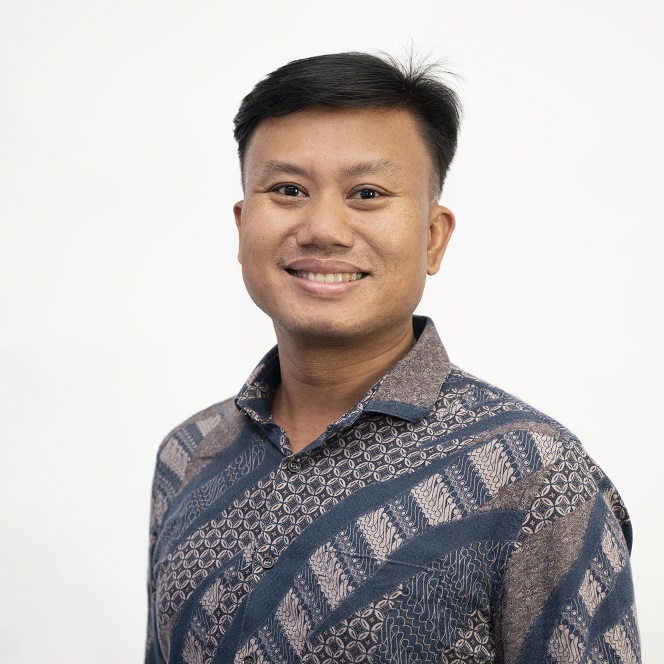
Dr. Gandeva Bayu Satrya |
|
|---|---|
| Highest Degree | Doctor of Engineering IT Convergence Engineering Kumoh National Institute of Technology, South Korea |
| Position | Assistant Professor |
| Faculty | School of Engineering, Applied Science and Technology |
| Telephone/Ext | +971(4)7096876 |
| Location | Hub G,7 |
Position Assistant Professor
Email gandevabs@cud.ac.ae
Telephone/Ext +971(4)7096876
Location Hub G,7
Highest Degree Doctor of Engineering IT Convergence Engineering
Kumoh National Institute of Technology, South Korea
Faculty School of Engineering, Applied Science and Technology
Biography
Gandeva Bayu Satrya (Senior Member, IEEE) received the bachelor’s degree in informatics engineering from STT Telkom, Indonesia, in March 2008, the master’s degree in informatics engineering majoring in media informatics from ITTelkom, Indonesia, in June 2012, and the Ph.D. degree in security communication in next-generation networks from the Department of IT Convergence Engineering, Kumoh National Institute of Technology, South Korea, in February 2019. He was a Lecturer and a Researcher with the School of Applied Science in Telkom University, Bandung. He is also a member of IEEE and ACM since 2012. His research interests include routing protocol, packet scheduling, cybersecurity, digital forensics, and security communication in next-generation networks.
Selected publications
Gandeva Bayu Satrya (Senior Member, IEEE) received the bachelor’s degree in informatics engineering from STT Telkom, Indonesia, in March 2008, the master’s degree in informatics engineering majoring in media informatics from ITTelkom, Indonesia, in June 2012, and the Ph.D. degree in security communication in next-generation networks from the Department of IT Convergence Engineering, Kumoh National Institute of Technology, South Korea, in February 2019. He was a Lecturer and a Researcher with the School of Applied Science in Telkom University, Bandung. He is also a member of IEEE and ACM since 2012. His research interests include routing protocol, packet scheduling, cybersecurity, digital forensics, and security communication in next-generation networks.